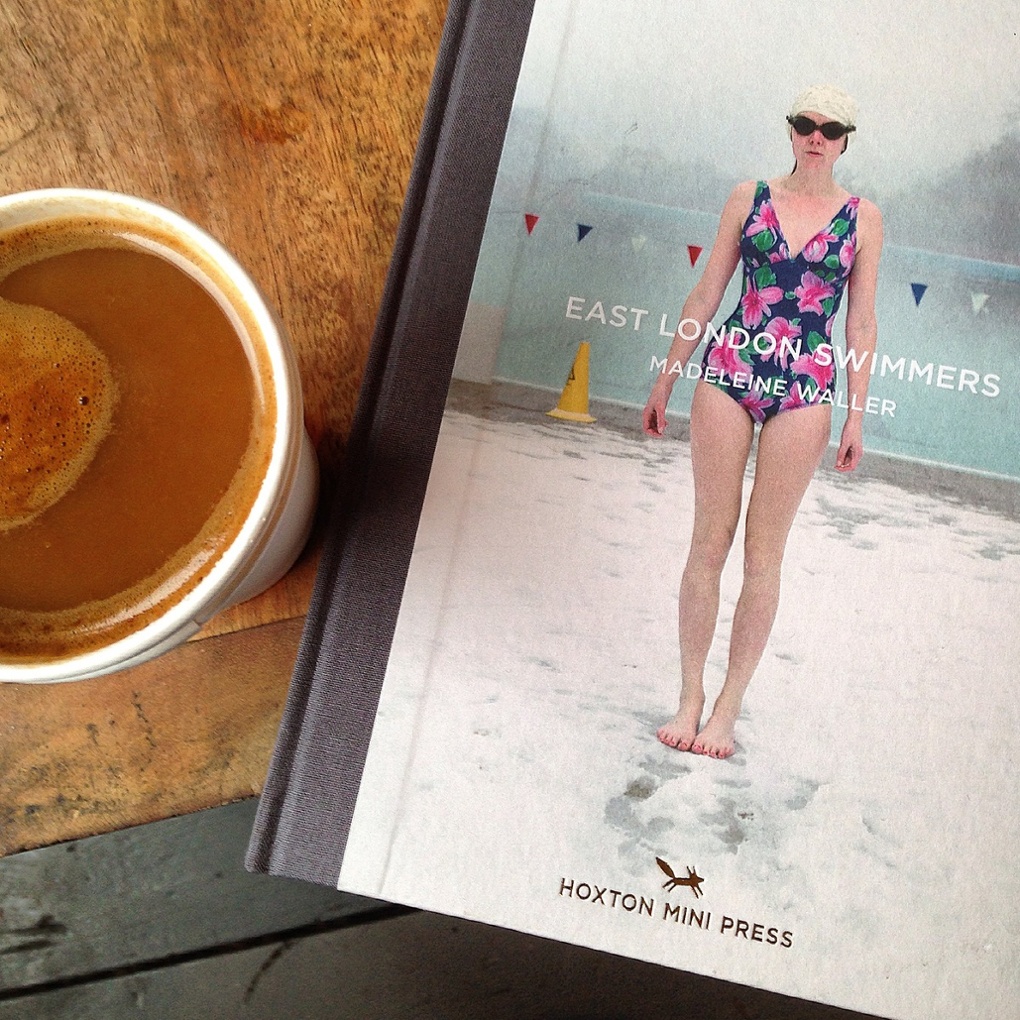
Welcome to this week’s blog. Here’s a roundup of your comments and photos from last week.
conedison is reading Karoo by Steve Tesich:
[It’s] about a man who has allowed lying to become his way of life. Tesich, an Oscar-winning screenwriter, died at age 53 and knew he was dying when he wrote this novel (published posthumously). This knowledge freed him from the desire to protect any member of the human race – most assuredly including himself. Almost every page is like a stinging paper-cut, speaking of how easily and constantly we lie to others and ourselves until the only way we can “know” each other is through our lies. Karoo reminded me of a line from a Joni Mitchell song, “Do you really smile when you smile?” Steve Tesich was a wise man and a fine writer, but unless you’re in the mood to be disturbed for 406 pages I can’t recommend it.
Martha Weaver was getting tucked in:
Travel writing has been a recurrent topic on this blog for a while, and last week was no exception, with Chris James sharing his thoughts on Patrick Leigh Fermor’s A Time of Gifts:
I finished A Time of Gifts, reaching the “to be continued” on the last page. [...] The narrative works best when he’s with people, and I found myself wondering about every person he described and what became of them (although not so much about him, funnily enough).
The writing stands on its own as commanding literature, but apart from when he’s in Vienna, there isn’t much humour to be had; it’s much more a young man’s adventure in which things generally go in his favour. Being so well-connected, he has lots of help on his journey, although given that he walked 1,200 miles in winter, that’s probably a good thing.
A couple of weeks ago MsCarey reported on the same book:
I was also just grateful for him because he was doing the journey I would have wanted to do and was doing it in the way I would have wanted too.
And that’s pretty much the nail on the head. It’s a challenge of the imagination to visualise Europe in 1934, but Leigh Fermor does a cracking job of using words to paint clear and brightly-coloured pictures that still resonate today.
ID8480709 asked a provocative question:
Im reading Don Quixote. Are there other novels in the world? Has anyone written a better one since?
Not really, according to theorbys, who said “Cervantes is to the novel what Shakespeare is to plays”. Vogelmonade offered Thomas Mann’s The Magic Mountain and Doktor Faustus and Gustave Flaubert’s Sentimental Education as “the three glaciated, eternal peaks of the art of the novel.” Of course, there are plenty of Guardian lists and articles to dip into for those in the lookout for the best novels of all time. Incidentally, Robert McCrum agrees about Don Quixote.
ID6524833 was rereading Mr Mac and Me by Esther Freud:
One of only two private houses designed by Charles Rennie Mackintosh is in my village. I read it first in September for the story, I’m rereading in December for the poetry.
laidbackviews made this interesting observation about “tales that have taken two to tell”, after reading Night of the Tall Trees.
What piqued my interest in Afghan Adventure was the inclusion of two names on the spine: John Fox as told to Roland Goodchild. The book was published in 1958, by which time Fox was still under 40. So why did he tell his tale to another to write up for him? It is early yet but looks to be an interesting time, with efforts to track down caravans of illegal arms being trafficked, amidst fears by the locals that they may be used against them when the Army moves out.
But it got me thinking of other books on the shelf where the story is penned by another. One that comes to mind is The Restless Voyage. Mind you Archibald Campbell had at least written his own account of his wanderings across the oceans from 1806 to 1812, with Stanley Porteous updating it in 1949, to regale us of shipwrecks, the loss of his feet and much more.
TimHannigan said:
Very interesting topic, but only one book immediately springs to mind - the ill-omened Three Cups of Tea, the sad saga of which serves for a salutary tale. Even those with the best of intentions cannot help but fictionalise their own journeys when it comes time to tell the story. Taking on responsibility for telling the tale of another’s voyage, then, strikes me as a dangerous task. The narrative has already passed through one filter of fictionalisation, and the writer is effectively travelling blind. And then, having no access to the cutting room floor where the excisions from the raw memories lie, there’s no restraining knowledge of the actual truth, and thus no reason not to fictionalise further – which seems to be what happened with Three Cups of Tea...
We end with a lovely picture – while it doesn’t constitute a traditional “read”, we couldn’t resist it:
If you would like to share a photo of the book you are reading, or film your own book review, please do. Click the blue button on this page to share your video or image. I’ll include some of your posts in next week’s blog.
And, as always, if you have any suggestions for topics you’d like to see us covering beyond TLS, do let us know.

